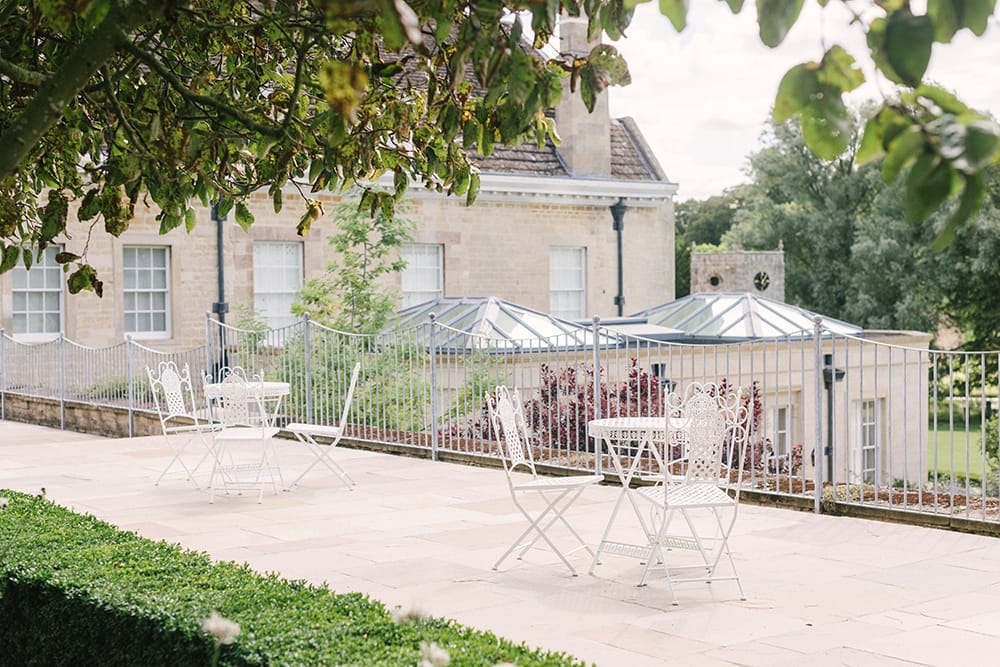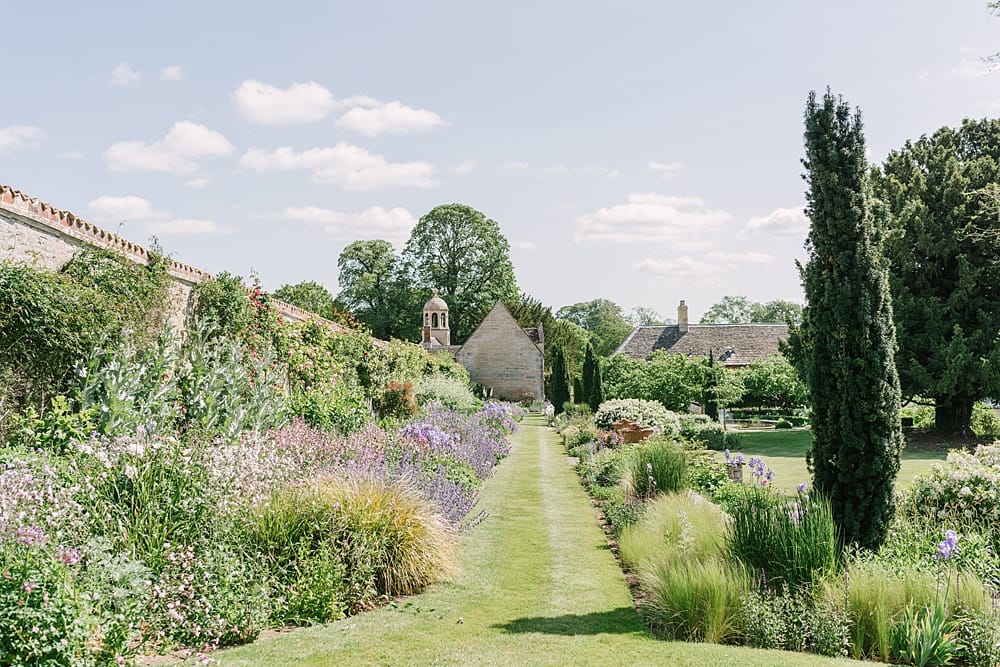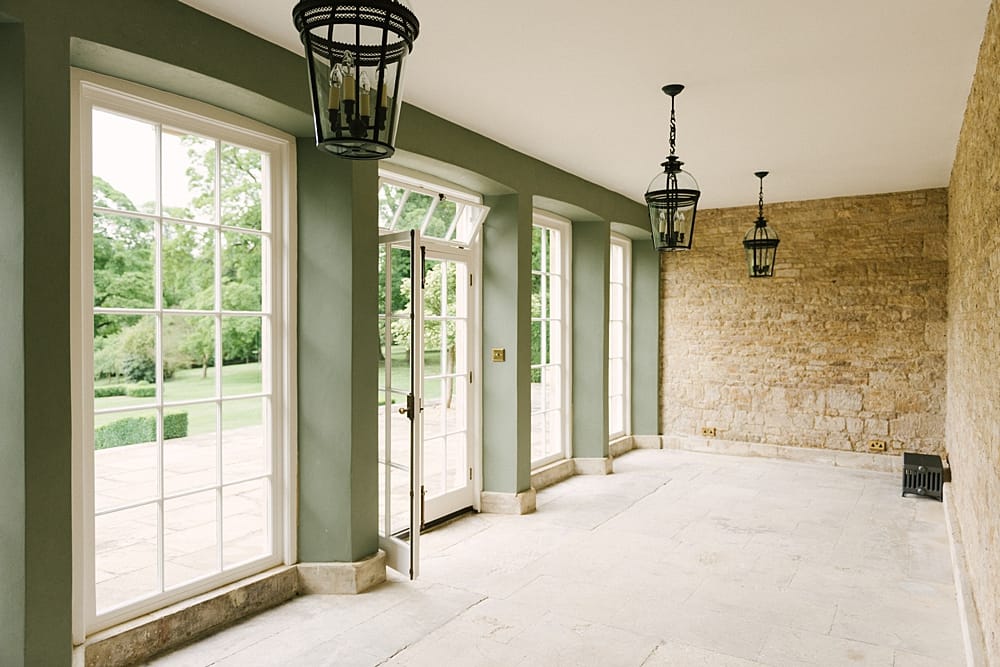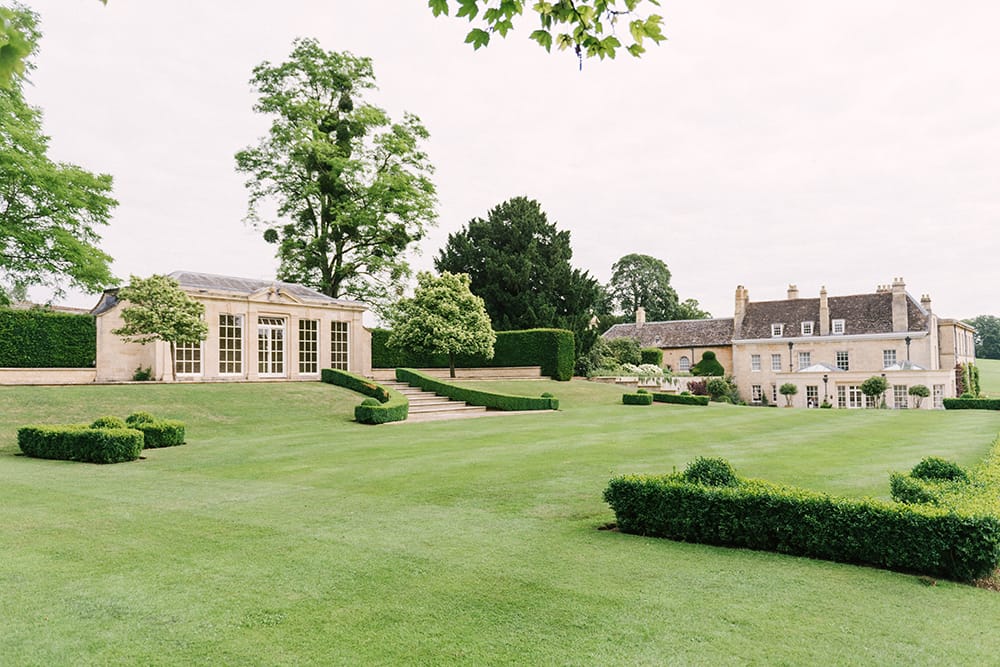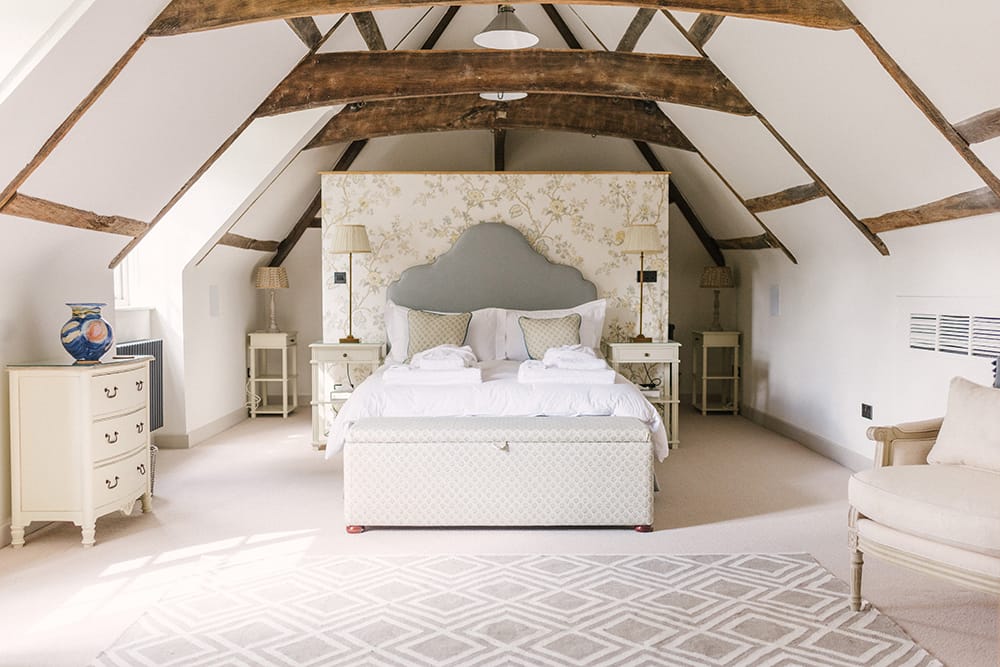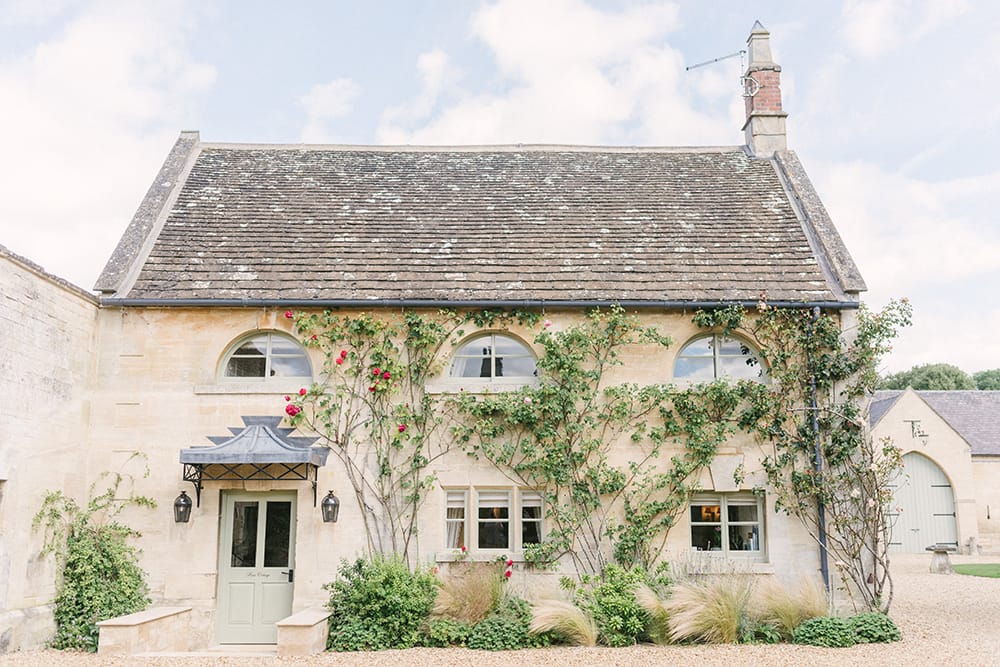How to Plan Your Wedding Budget
I would always recommend basking in that just-engaged joy for at least a week or two before jumping on the wedding planning train. It’s a unique and exciting time, so soak it up, take some time with your future husband/wife and enjoy being engaged. This reminds me of my last feature, How to Plan Your Wedding as a Team. Remember, throughout the whole wedding planning journey, that you are, first and foremost, a team—a solid one. And although you may have a wobble or two along the way, it will all be worth it when you exchange vows in front of your friends and family.
As it’s a new year, you may be excited and eager to get cracking with wedding planning. So, my first feature of the year is the perfect place to start. To some, it may not be the most exciting of topics. Still, a wedding can’t happen without a budget; believe me, after planning weddings for many years now, I know that firming this up in the early stages is integral and can only positively impact the rest of your planning journey.
Your wedding budget is influenced by and influences every element of your wedding day. Where it takes place, who’s coming, your outfits, the décor, the music… I think you get the idea! Talking about money isn’t always the most comfortable of subjects, but you’ll quickly become used to having frank, honest conversations with those closest to you during this time. I’m also aware that moving into this new year, everyone is even more budget-conscious than usual, which also demonstrates why having a budget in the first place (and sticking to it) is essential in bringing your wedding day to life.
So, if you’re newly engaged or are enjoying a new lease of wedding planning life with the start of a brand new year, this one’s for you. However generous or modest your finances are, this simple but super handy guide to planning your wedding budget is the best place to begin.
Make a spreadsheet
A Katrina Otter Weddings fave! Whether your go-to is an Excel spreadsheet, a Google doc, or a fancy wedding planning tool/app, creating a spreadsheet and tracking the comings and goings of your wedding budget are the quickest and easiest ways to stay on top of your finances.
It’s also the perfect solution to keeping everything in one place, organising it in an easy-to-scan format, and calculating it as you go.
Who’s paying for the wedding?
Maybe you’ve been saving for a while, or maybe your wedding depends on contributions from parents and relatives. The next step is establishing who’s paying for your big day.
Remember those frank conversations I mentioned in the intro? Yep, this is it! If you’re receiving generous financial contributions from family, be open with them about their level of involvement. Some people may believe that helping towards your wedding somehow buys them a say in what you do. Of course, this doesn’t apply to everyone, but it’s something to be aware of, and everyone should be on the same page from day one.
Work out how much you can save
You’ll likely need to save a bit more money in the run-up to the big day, but how much can you boost your budget without compromising your quality of life? Some couples plan their wedding in three months, some in three years; only you know how much expendable income you can potentially squirrel away during this time.
Remember to be realistic, though. Start with your regular monthly outgoings, but consider what else might crop up before your wedding – holidays, moving house, changing jobs, having children, etc.- and try to factor those in, too.
Set a date
If you haven’t already done so, now is the time to set the date, or at least have a time of year/month in mind. It will help you calculate how much you can reasonably save in the time available and assist with budget planning when you start shortlisting venues and researching other suppliers.
For example, peak wedding season is considered the summer months and school holidays, when you can expect to pay the highest fee for your venue. But opting for an off-peak / out-of-season date may mean you could take advantage of a discount.
Allocate your budget
In other words, work out your priorities. I’ll be honest; this step isn’t always easy. Especially if you’re feeling a little overwhelmed and don’t know how much things cost in the world of weddings.
Initially, this means sitting down as a couple and having another frank conversation; you’re a pro at these now! Discuss which aspects of your future wedding are most important to you both. Is it the location, the food, the music, or your guests’ experience? Maybe you want to go all out with flowers, and your partner is pushing for a particular caterer. Naturally, wherever your priorities lie, this area can be allocated a healthier portion of the budget. From here, discuss what is essential to the day and what simply might be nice to have.
If you need guidance, ask a friend who’s also engaged/recently married, OR look to see if venues/suppliers you follow on social media and would love to work with have prices on their website. Alternatively, there are several surveys and features that can be found with a simple Google search that will provide you with a rough idea of what percentages should be allocated where (although it’s important to remember that these features are based on average spending and every couple’s budget and priorities will be different).
Remember, this is a moving, shifting aspect of budgeting, so ensure you track and update your budget every step. There’s no point in creating a budget if you don’t keep it up-to-date, and I’d encourage you to do so regularly.
Of course, this stage in budget planning may involve some compromise, but once you agree on your priorities together as a couple, all of the other elements should fall into place just that easier.
Get quotes
Just because you’ve allocated x of your budget to various suppliers doesn’t necessarily mean you have to spend that much. Even if you’ve already fallen head over heels for a particular editorial wedding photographer, remember to get at least a couple of other quotes, too. There are so many options out there that with a little extra time researching and refraining from that classic tunnel vision, you might save yourself a bit of money here or there, which could be allocated elsewhere.
Top Tip: Check whether your prospective suppliers have included VAT in their quotes or if any unexpected costs are included that might drastically alter the final cost.
Give yourself a contingency
Another little nugget from my experience planning weddings is that unexpected costs will inevitably crop up. Expenses that you probably hadn’t even considered before, not to mention those last-minute extras! Instead of panicking and having to forgo other much-wanted details of your day, it’s a good idea to build in a contingency right from the start.
I suggest allocating 5-10% of your final wedding budget and moving it into a separate contingency pot. It’s reassuring to know it’s there if you need it, and if you don’t end up dipping into it, it can go towards something else, your honeymoon, for example!
Double-check
Check your budget and recheck it. Keep checking in with your fluctuating figures throughout your wedding planning journey.
Have you forgotten anything? Are there any extras you’ve decided are non-negotiable after all? Have the quotes come in higher/lower than you first anticipated?
Once you’re happy with your budget and how much you have allocated, it’s time to start making your big day a reality, so start spending and securing your fave wedding suppliers with some deposits!
Planning a wedding isn’t always easy, so if you need some extra help, go ahead and take a look at some of my previous planning articles. Alternatively, if you’re looking for a wedding planner to take it off your hands, please get in touch.
Holywell Hall
Official Planning Partners
Holywell Hall is a breathtakingly beautiful and uniquely charming wedding venue in a picturesque countryside location, nestled between Stamford and Rutland in Lincolnshire.
As their official planning partner, the team at Katrina Otter Weddings is on hand to support and work alongside couples who choose Holywell Hall as their exclusive weekend wedding venue. This magnificent country house has modern luxuries, delightful grounds tailor-made for marquee celebrations, and secret gardens to get lost in. We’re not sure it gets any better than this!

